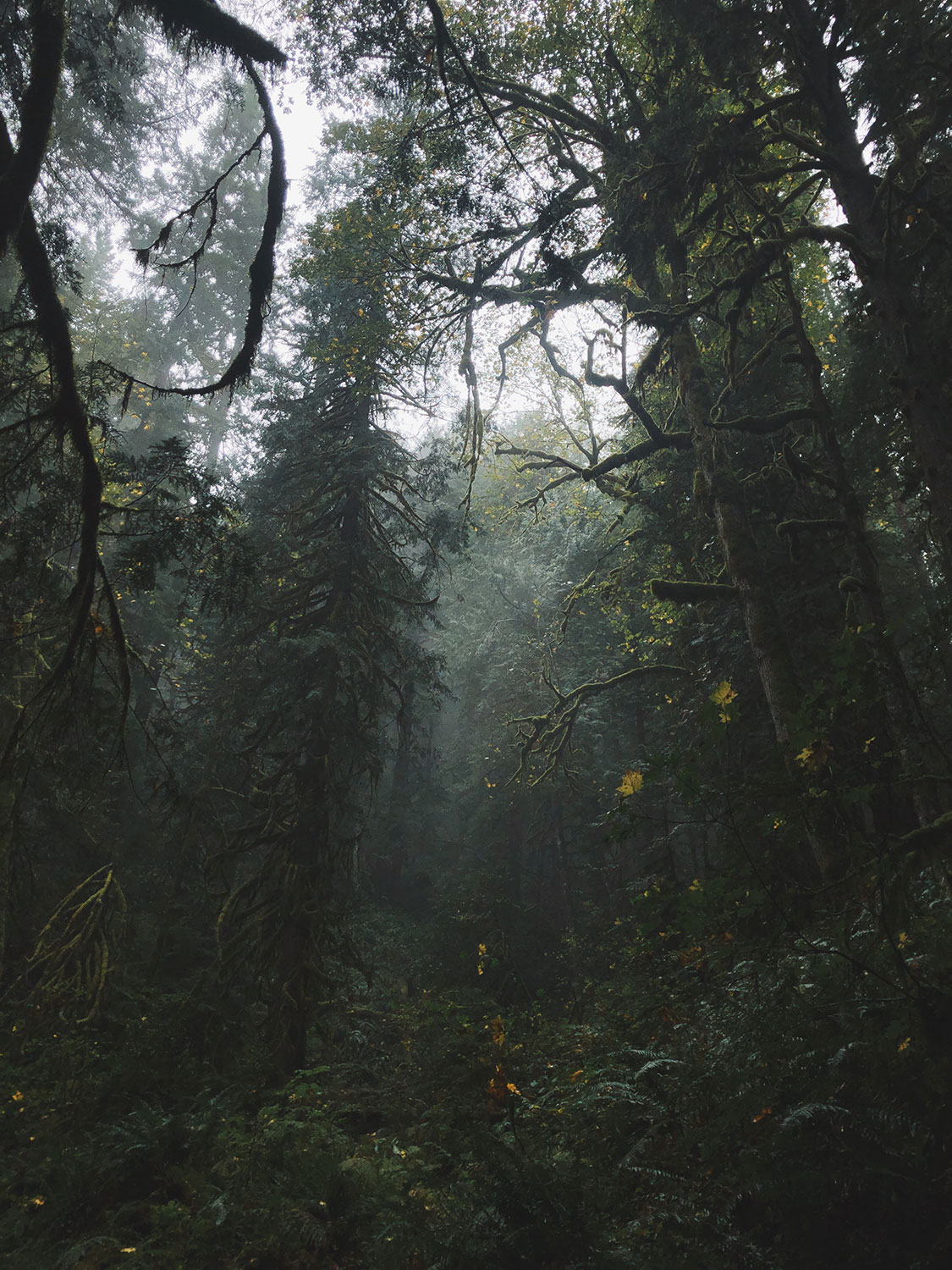October 2020
13.x.2020
13 October 2020, around 14.11.

Uncanny walk through the woods, jumpy at the metallic rattle of leaves, the tinny sound of rain, the echo of my own footsteps, the distant yip of a dog. At each step the sensation of being watched, perhaps only by a wren, but watched – and warily.
iterate
30 October 2020, around 10.18.
To begin with how it is. Sun fallen behind the ridge to the south, the light fading in the valley, though still bright on the northern hills. Raking up after a frost, hoping to clear the drive and the edges of the road before the rain. For I can push a barrow as well as the next body. Gather sticks, too, into neat piles for later. Looking up. So many vexed and broken branches arrested in their fall, caught in the bare limbs of trees, waiting for a storm.
preterite
The death of the author has been greatly exaggerated. Too often one feels him (usually him) at one’s side, digging a (not always unkindly) elbow in the ribs to draw attention to some point of cleverness, of wit, of authorial esprit. A man in a macintosh, a throwaway. This only happens in the ones read late. Those read early are too familiar, their voices become a part of the mental signage that points to what? A guide to kulchur, an armchair nihilism that is more comfortable than its austere looks would warrant, an assay in idleness: to habit and habitus. They are the measure of what comes after.
I don’t recall the number of times I read and re-read Endgame during high school; it was never on the curriculum, but was, looking back at it, a formidable element of my upbuilding or edification, however it is that one furnishes a mind. Beckett’s voice is thus within the charmed circle of my early reading, and in reading How It Is (which I tend to misremember as How It Was), I am drawn along in the uncanny familiar, the flow of words and impressions, drinking down rapidly as one might after falling into a stream. The same stream, though it appears different – and has nothing whatever to do with the dull pomposities of the back-cover blurbs, which seem to belong to a different (and much duller) book entirely.
It raises questions, How It Is – why does the narrator crawl, is this a war, a sewer, a dystopian future? what does the looney-tunes violence mean, if anything? a dig in the ribs? an emblem of manipulation? of iteration? – but the answers to these questions (and many others) do not seem particularly important: it is How It Is. One is swept along in the stream, before/with/after, though what these eras mark may have no more (or less) meaning than an empty tin, discarded. 1
reiterate
The ringing of dog tags reminds me I am observed. A bark, a yip, a bow. Return to leaves and barrow and rake. A layer of mould. The gathering of sticks into piles. With an eye to the future.
- I suppose I could have looked at what others have thought of the matter, but I am not convinced that exegesis is particularly relevant – why explain water in a desert or to the drowned? I realize I am edging perilously close to hinting at an eco-dystopian reading, but that is not intentional or intended.[↩]
